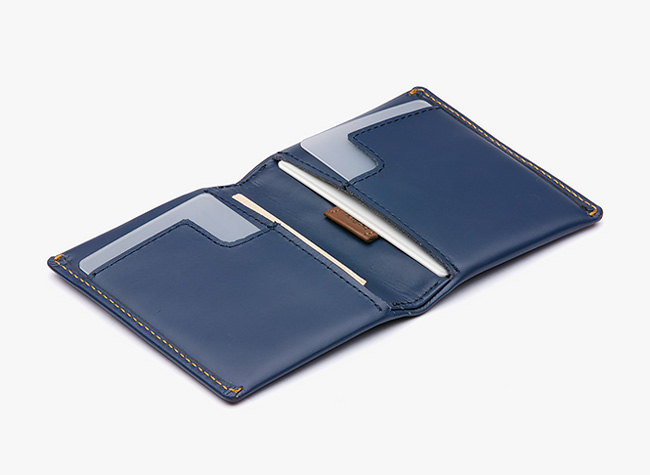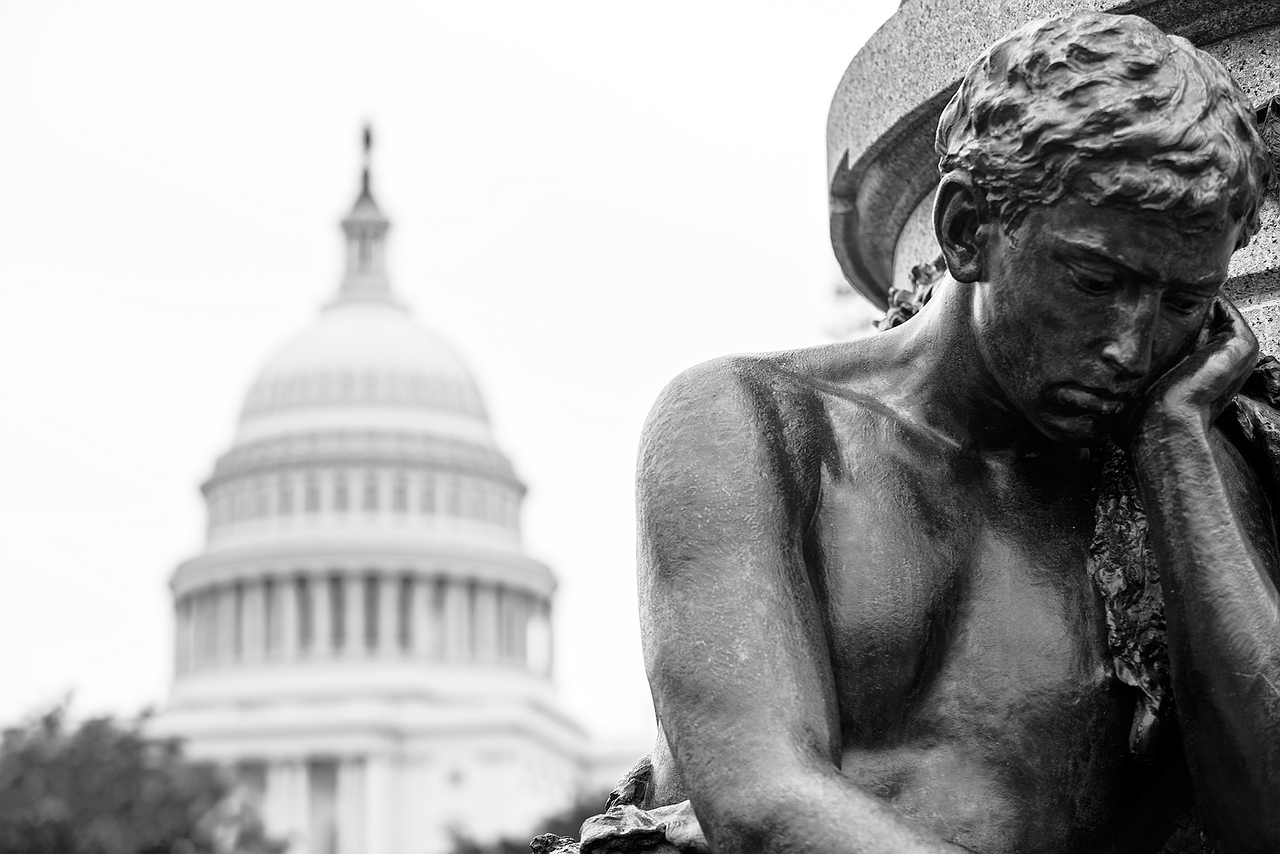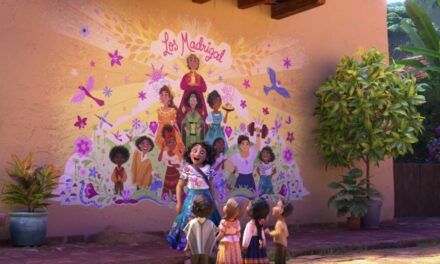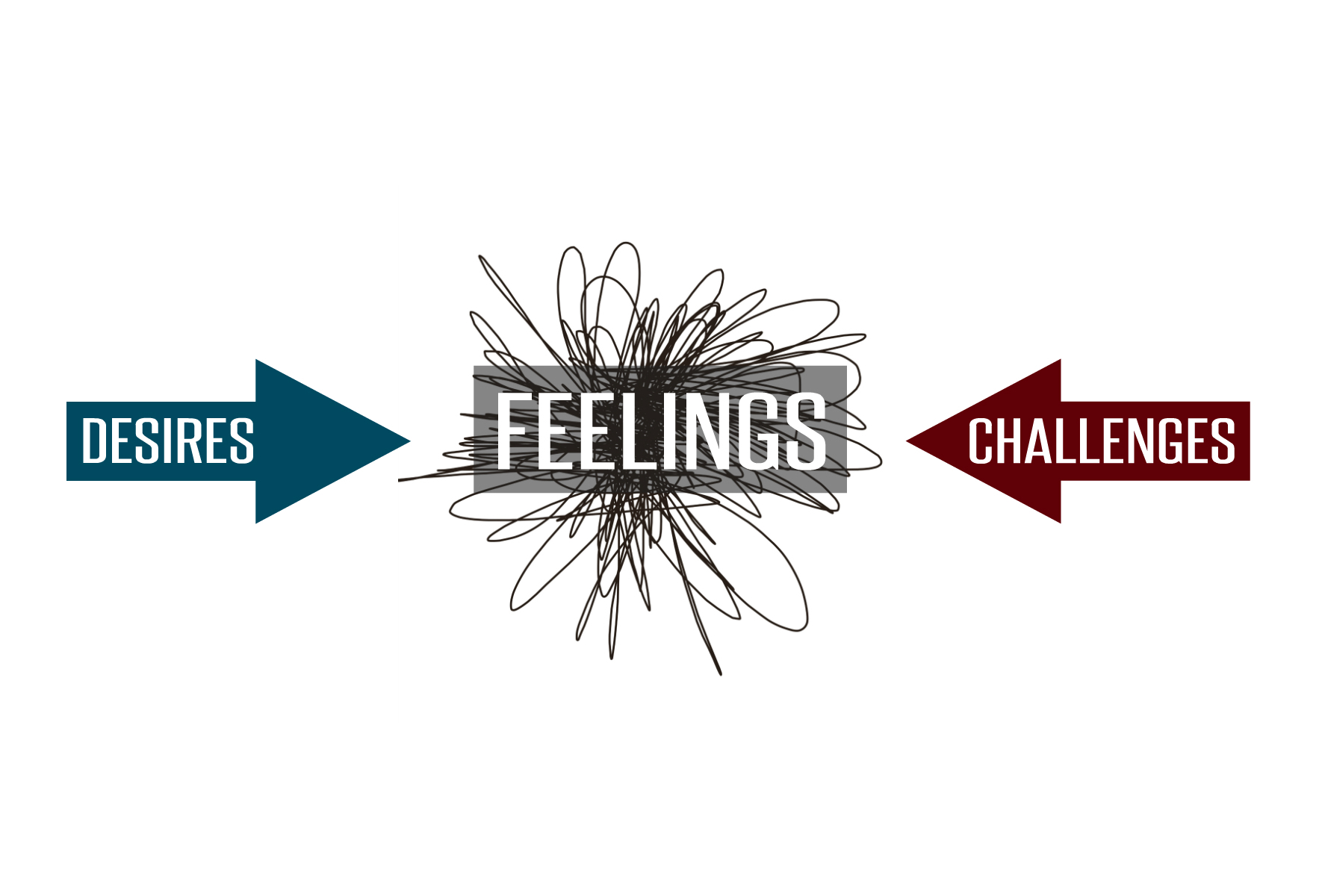 A couple Christmases ago my wife got me a minimalist wallet I had wanted. There’s space for just a few cards, my ID, and a few dollar notes. It forces me to choose just the cards I absolutely need. Minimalism has been a growing trend in the past few years. Its mantra is finding more in less. There are even tiny houses, which use little space very efficiently. It’s about simple living.
A couple Christmases ago my wife got me a minimalist wallet I had wanted. There’s space for just a few cards, my ID, and a few dollar notes. It forces me to choose just the cards I absolutely need. Minimalism has been a growing trend in the past few years. Its mantra is finding more in less. There are even tiny houses, which use little space very efficiently. It’s about simple living.
Lent is a season of minimalism.
We put aside the distraction and the abundance and focus on the essentials. Why? Theminimalists.com says that “minimalism is a tool that can assist you in finding freedom. Freedom from fear. Freedom from worry. Freedom from overwhelm. Freedom from guilt. Freedom from depression. Freedom from the trappings of the consumer culture we’ve built our lives around. Real freedom.” Someone who lives in a tiny house or lives a minimalist lifestyle doesn’t allow things to become attachments that create a life of unfreedom. Consider the parable of the rich man and Lazarus. The rich man lived a life of luxury and all the while ignored Lazarus, a poor and sick man at his doorstep. At the end of their lives, Lazarus finds comfort and the rich man lives an eternity of suffering. The rich man even sees Abraham and asks him to warn his brothers, who are still alive, to change their ways so they can avoid his fate. But Abraham says, “Remember that you received what was good during your lifetime while Lazarus likewise received what was bad” (Luke 16:25, NABRE). The reality for Lazarus was that true riches didn’t come in having lots of things. The rich man in the gospel story had lots of things, but his things eventually became eternal shackles. Lazarus on the other hand did not have much, and he enjoyed eternal freedom.
 The Minimalism of the Desert
The Minimalism of the Desert
The prophet Jeremiah says, “Cursed is the man who trusts in human beings, who seeks his strength in flesh, whose heart turns away from the LORD” (Jer. 17:5, NABRE). In other words, because we trust more in the things of this earth to give us happiness, we turn away from God and eventually find that those things don’t give us any kind of long term joy. Jeremiah uses the image of a tree whose roots reach into a nearby stream of water. Jeremiah says that when the heat comes, the tree’s leaves stay green. And when there’s a drought, it still bears fruit and shows no distress because it’s been drinking the water all this time. Water is the tree’s essential. Minimalism calls us to the essentials. Lent calls us to focus on the essentials in the Christian life: stretching our roots into the life-giving, joy-giving water of Christ. Because it is God who gives us life; things don’t.
Jesus was about minimalism even when it came to the religious law. He said all the law and the prophets boil down to one simple law: Love God, love neighbour, and love yourself. Those are the essentials of the law. Follow love and you follow the law. This season takes place in a metaphorical desert because it’s in the desert where we’re reminded of the essentials. We empty ourselves so God can give us just what we need. We really don’t need anything more. We’re freed from all the things that distract us from the essentials.
Paradoxically, purple, the colour of Lent, represents penance and the darkness of night—emptiness; and it also is the colour of riches and abundance. The rich man in the gospel parable is said to have “dressed in purple garments and fine linen and dined sumptuously each day.” This is not wrong, per se, as God gives abundantly all the good things of the earth as gift. But, the issue lies with the rich man being blinded to the lack of Lazarus who slept at his stoop night after night. The rich man did not recognise his abundance as gift—and he never shared it, so it became an unfreedom. Purple signifies both the abundance of God’s giving as well as the call to the emptiness of the desert where we can recognise the essentials. While minimalism calls us to the essentials, it actually calls us to more—more joy, more awareness, more freedom.
The minimalism of Lent should bring us to a freedom from sin, a freedom to uncover our true selves, and a freedom to let go of the things that weigh us down. These 40 days call us to the bare essentials so at the end of Lent we can, in a new freedom, recognise the joyful abundance of Easter.
Listen to an audio version of this post…









Yes Andy. Over the years we tend to accumulate a lot of “stuff.” When we cleared father-in-law’s bungalow after his death we found clothes that had never been worn, handkerchiefs and socks given to him as presents but kept by him for “best”,and cuff-links by the dozen.Who wears cuff-links these days? All were recycled at the charity shop where possible.
We all carry a lot of spiritual baggage; stuff we have accumulated over the years. Perhaps now is the time to dump those heavy burdens, to minimalize. But then that is your message isn’t it. Thanks Andy. God bless
I began singing when the last picture came on my screen at the end of the article. Thank you!
Pastor Mary Sweet Whitehall & Muskegon Crestwood UMCs
When we have our priorities in the correct order, life can be much simpler. I was just discussing this with a friend this morning. It is time for a clean sweep although I’m pretty minimalist in my thinking already but there is room for improvement. All is gift and is better to be shared. Blessings to all who read this post!